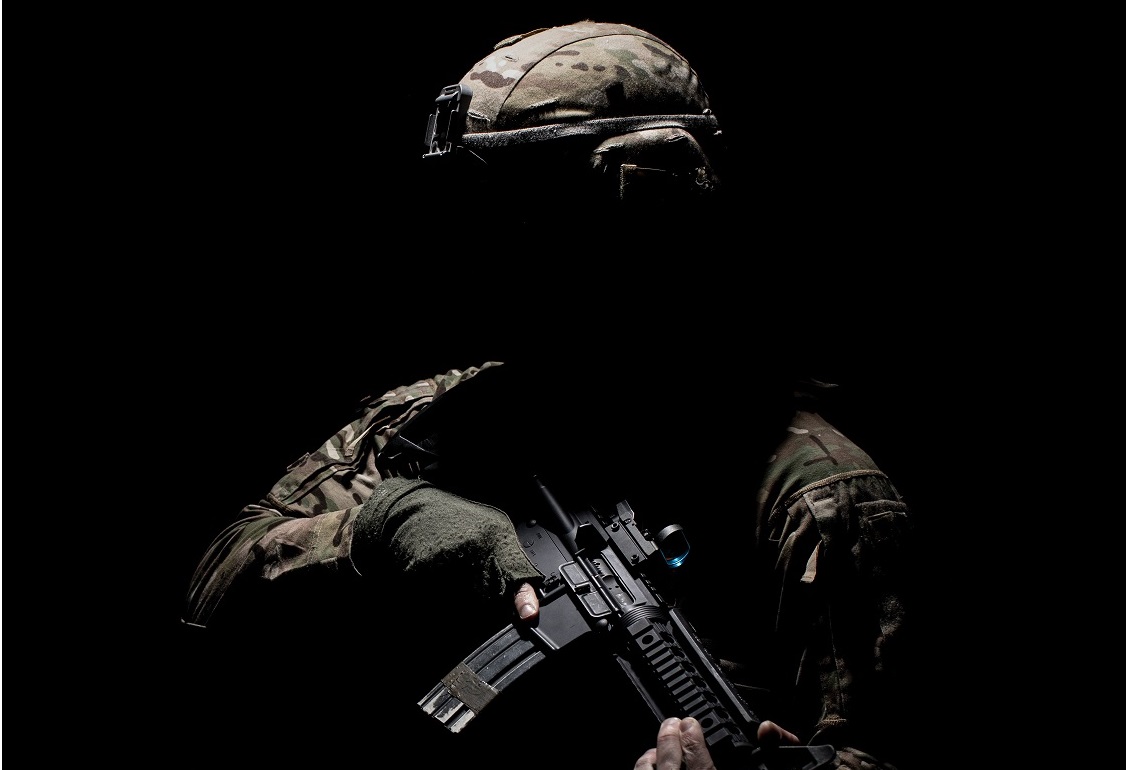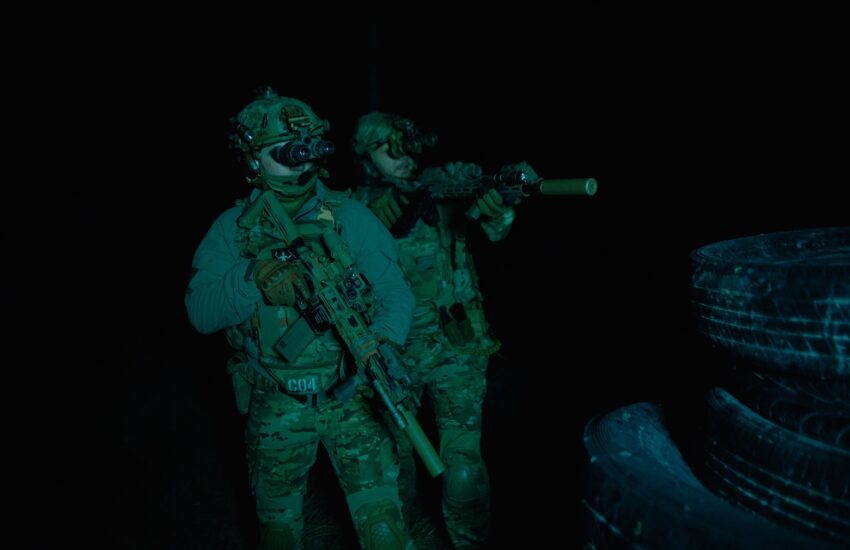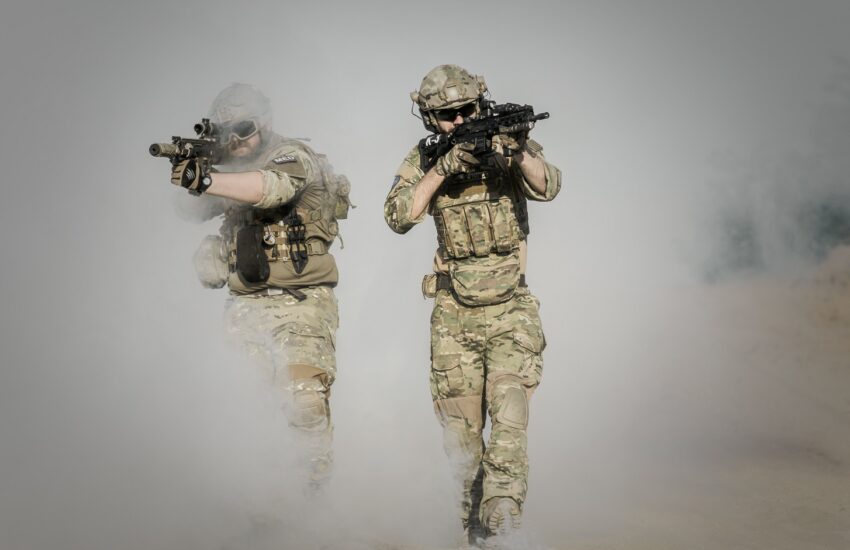Are Plate Carriers Legal? Understanding the Laws Surrounding Body Armor
Plate carriers are an essential piece of protective gear for those working in military, law enforcement, and security roles. But are plate carriers legal? The answer is not as straightforward as one might think; it depends on the jurisdiction and type of body armor being worn. In this blog post, we’ll explore the laws surrounding body armor so that you can make informed decisions about what type of protective gear is legal in your area.
Types of Body Armor and State Regulations
The first thing to consider when determining if a plate carrier is legal is whether or not the state you live in has any regulations regarding body armor. Most states have laws that restrict or prohibit the purchase or possession of body armor by felons, but only eight states (Connecticut, Iowa, Louisiana, New York, Virginia, Washington D.C., Massachusetts, and Michigan) have laws that outright ban the use or ownership of body armor regardless of criminal history.
The type of body armor you are wearing also plays a role in determining its legality. For example, soft “trauma plates” are considered Level IIIa body armor and require no special permits to own or operate in most jurisdictions; however, hard plates (Level III & IV) require a permit for ownership in some areas. It is important to check with your local law enforcement agency to ensure you comply with all applicable regulations before purchasing any form of body armor.
When Are Plate Carriers Illegal?
In general, plate carriers are illegal if they exceed certain weight limits set by each state’s laws or if they contain metal components such as steel or titanium plates. Additionally, some states may prohibit certain types of plate carriers depending on their size and design features (i.e., camouflage patterns). As always, it is best to check with your local law enforcement agency before purchasing any type of protective gear to ensure compliance with all applicable regulations.
Plate carriers can be incredibly effective pieces of protective gear for those working in military, law enforcement, and security roles; however, it is important to understand the laws regarding their use before purchasing one. Depending on where you live and the type of body armor being worn, plate carriers may be illegal without proper permits from local law enforcement agencies. Be sure to research all applicable regulations before making any purchases so that you can make informed decisions about what type of protective gear is legal in your area.
For more articles, please click here.



